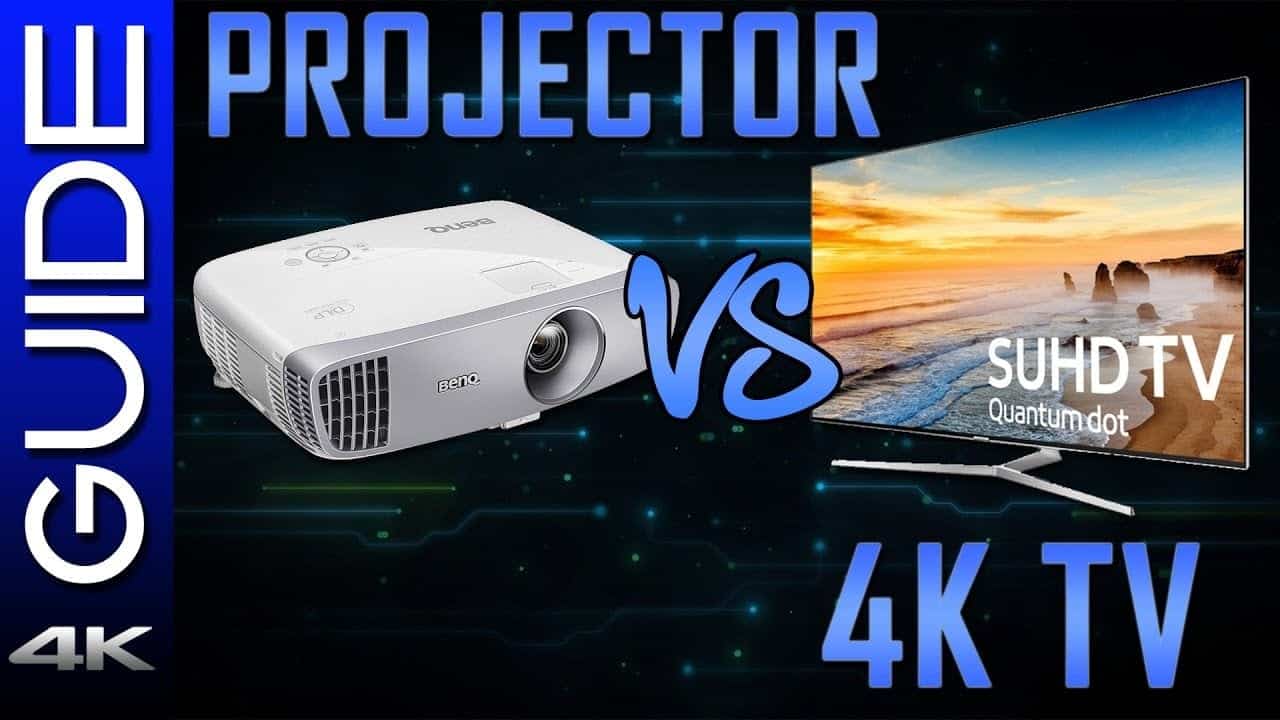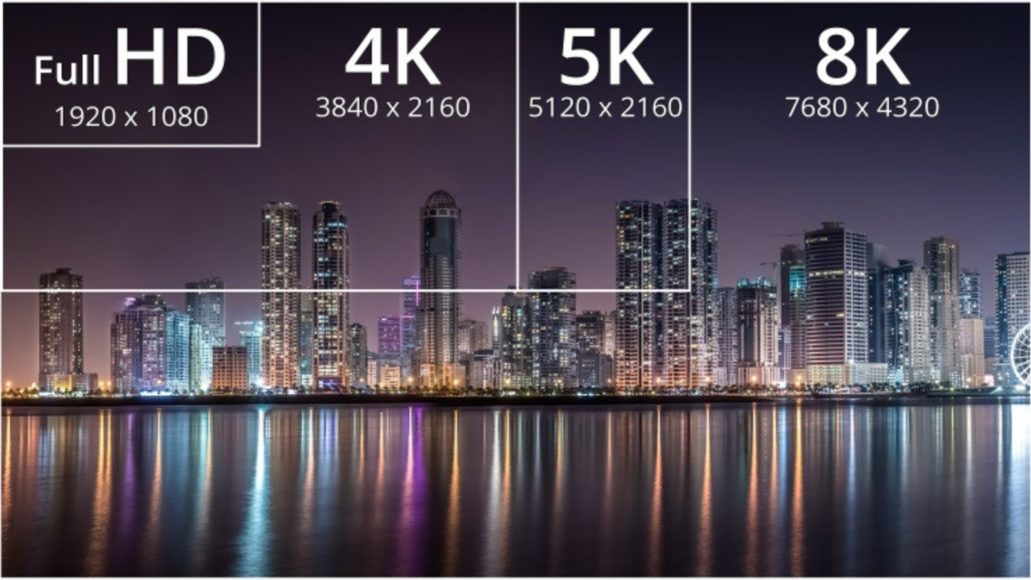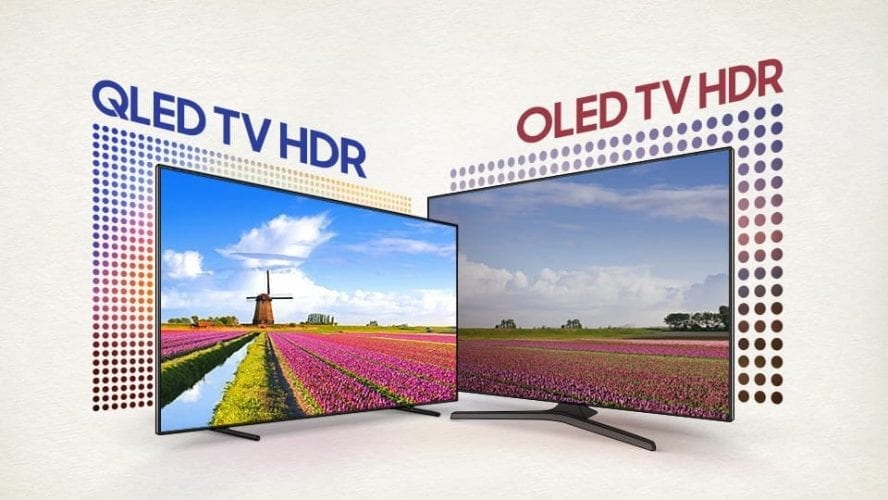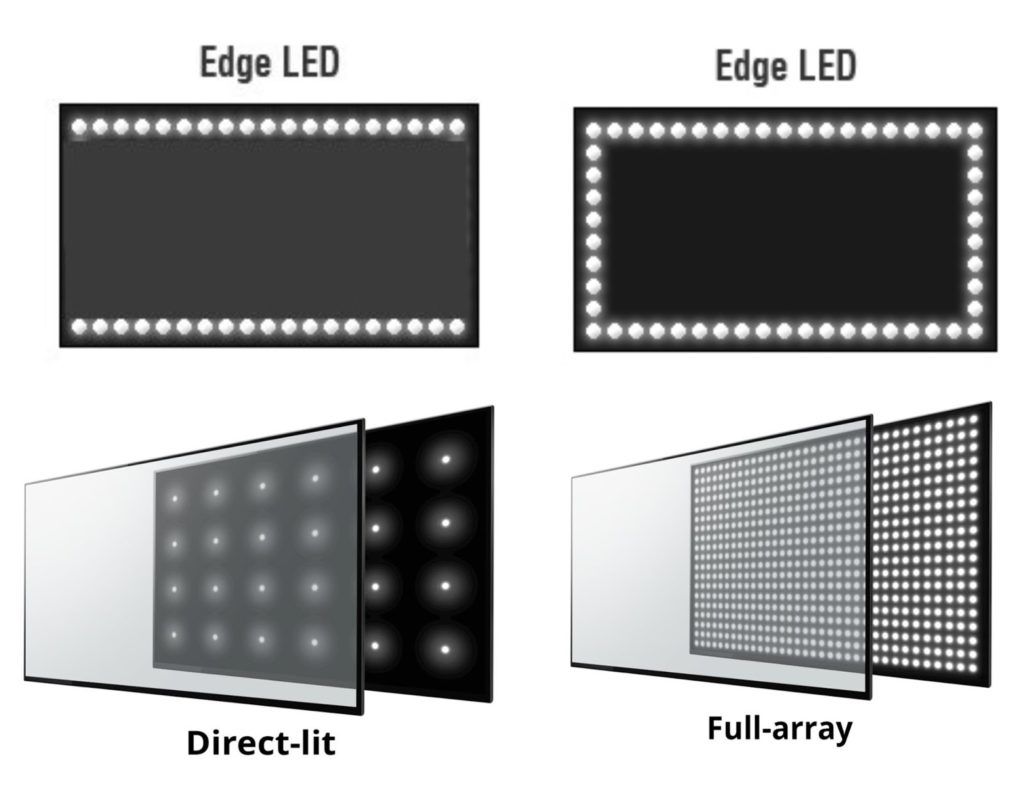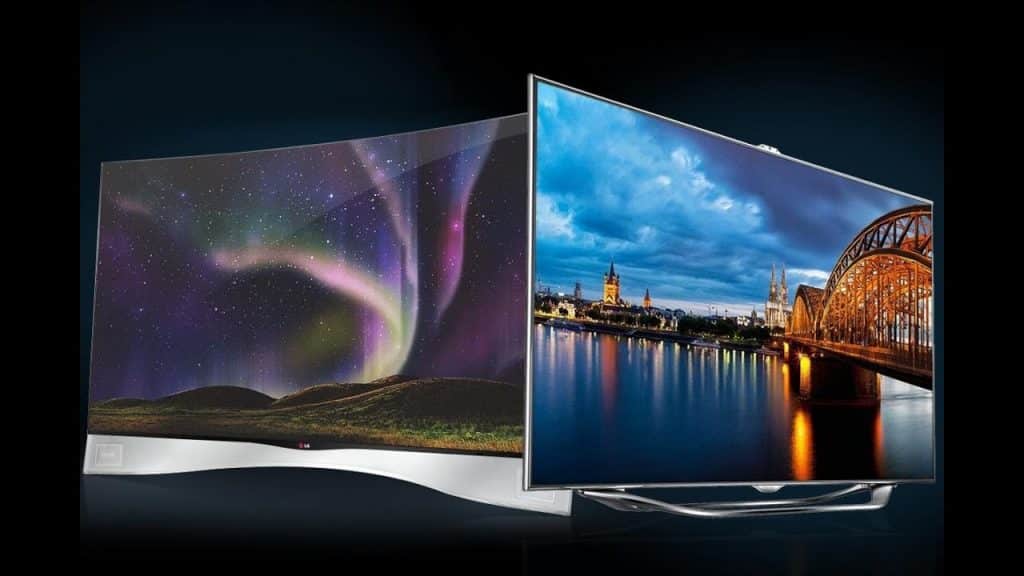What are the disadvantages of SSD over a hard drive? – SSDs are increasingly the answer to any storage need. After all, its price has dropped surprisingly, even in the higher ranges where we find the much-desired NVMe drives (including NVMe PCIe 4.0 drives).
However, if you do not know, exchanging a hard drive for an SSD is not only and only advantages.

Disadvantages of SSD
- The cost per GB remains significantly higher. While you can get a 1TB HDD for 30 €, a 1TB SATA SSD costs around 90 € and a 1TB M.2 NVMe SSD (the slowest) already reaches 120 €.
- An SSD has a limited number of ‘writes’. However, it is very likely that any SSD will endure the life cycle of a given home machine without any problem. (The same cannot be said in the business and server world)
- SSDs are temperature sensitive, halving the bit life for every 5ºC increase. (The SSD controller manages the situation by correcting errors)
- SSD is the best alternative for long-term storage. This is because deadlines can degrade over time. Hard drives can take decades of information, and even if they do malfunction, there are ways to get the information out.
Of course, just as there are disadvantages, there are also advantages to using this type of storage. Now see:
Advantages of SSD
- The use of an SSD allows a very significant improvement in the boot of the operating system. (It also helps in loading programs and games)
- SSD is more efficient in terms of energy consumption.
- It is more robust and is not subject to mechanical shocks.
- They are smaller and quieter.
Furthermore, what do you think about all this? Share your opinion with us in the comments below.


